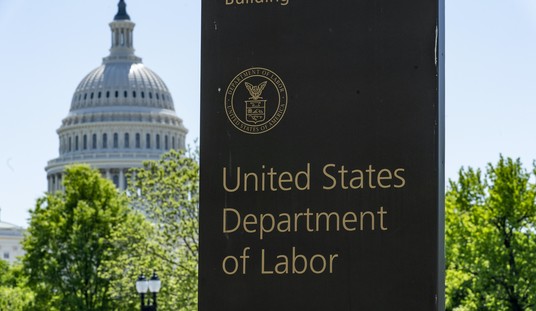
Frogmarch watch continues. Even as Anonymous has desperately tried to enlist unions into its anti-Paypal Jihad, Paypal funnels information to law enforcement to help catch the terrorists. I don’s use that word lightly, either. But when the gang is attempting to intimidate law enforcement, possibly as an answer to another high-profile arrest, I believe Anonymous and its subsidiaries like Lulzsec and Antisec have leapt far over the line between “online terrorist” and just plan “terrorist.”
Meanwhile, pass the popcorn. the anti-copyright crowd is stepping up for Aaron Swartz, the man who gained unauthorized access to MIT’s computer network to commit massive copyright infringement against JSTOR. Now, while it’s true I also believe it’s inappropriate for government-funded research to go behind paywalls, the difference is that I don’t oppose copyright. These guys do.
The whole argument’s a dodge, though. Swartz effectively committed a denial of service attack at times, so rushed and aggressive was his campaign against the JSTOR servers. But Larry Lessig, Richard Stallman, and his other defenders won’t mention that. The jihad against copyright is all that matters to these extreme radical socialists.
More shadiness from the anti-AT&T/T-Mobile forces: Chip Pickering has been lobbying for a supporter of government intervention against AT&T… without disclosing to anyone that hears him go off on the deal. Ask Nick Brown said, “The fallout from Pickering’s selective ethics, and the lack of lobbying transparency that has followed him into the private sector, raise serious concerns. “
Two quick patent hits: Gene patents are being upheld in court, despite the fact that they’re not actually inventions, but rather simply discoveries, unlike the more typical drug patents we see. Also, In the Economist, patents are held up as an obstacle to economic growth. Especially since the passage of the America Invents Act, I can’t disagree with this closing paragraph:
At a time when our future affluence depends so heavily on innovation, we have drifted toward a patent regime that not only fails to fulfil its justifying function, to incentivise innovation, but actively impedes innovation. We rarely directly confront the effects of this immense waste of resources and brainpower and the attendant retardation of the pace of discovery, but it affect us all the same. It makes us all poorer and helps keep us stuck in the great stagnation.
I’m wary of the Universal Service Fund reform going around but if even the libertarians at Tech Liberation Front don’t seem to mind it too much, then I may have to relax about it. For now, anyway. These plans have a tendency to change, even as they keep the same name. Just look at Net Neutrality, and how its meaning changed over the years.
Not that Net Neutrality’s the last power grab ever. Ana Eshoo is proposing to expand the FCC’s power far beyond any pretext of “public airwaves”, to create an ever-broader mandate for the FCC to control advertising on cable. All using the superficially harmless goal of controlling advertising volume. Because everyone hates ads, right? It’s a trap!
And to close the night, never forget the most basic reason to hold back excessive regulation: improving technology. 802.22 wireless networking promises up to 12,000 square mile coverage, using former VHF TV spectrum. There’s your universal access, right there.













Join the conversation as a VIP Member